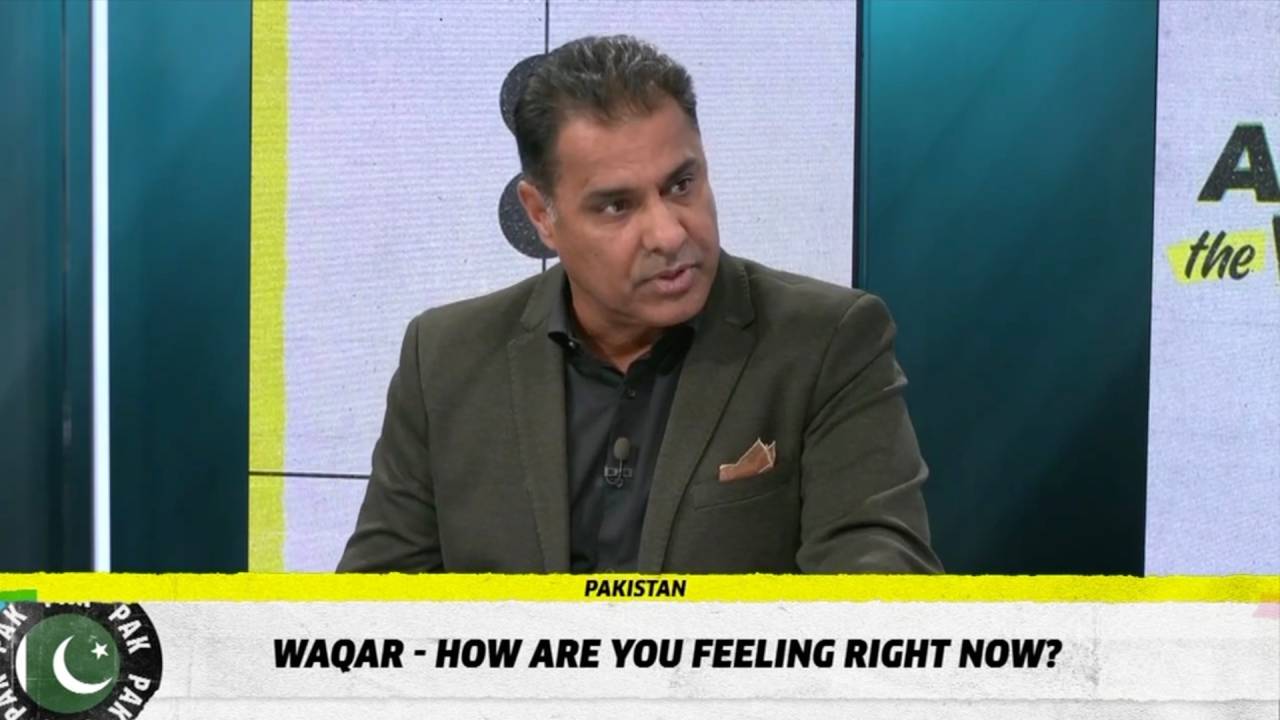Pakistan seamers' lack of express pace in the first Test got plenty of attention at home, and it appears it didn't go unnoticed by the opposition, either. Australian fast bowler
Mitchell Starc said "everyone" in their set-up was surprised at Pakistan's inability to hit higher speeds with the ball, particularly given the side's reputation for it.
"I think everyone was slightly surprised at the lower pace of the Pakistan bowlers, when you're generally used to some guys getting in the 150s [kph]," Starc said, speaking to media at the MCG two days before the start of the second Test. "I don't think that pace is the be all and end all but it certainly plays a part and can help."
An injury to Naseem Shah and Haris Rauf opting to make himself unavailable for the Test series against Australia meant Pakistan were limited in the number of high-pace options they had to choose from. Much of that burden fell on
Shaheen Shah Afridi, but even his pace has been significantly down from his quickest days since his recovery from a knee injury.
During the
first Test in Perth, he averaged in the low 130 kph, dropping down to the high 120s in the second innings. The other three seam options Pakistan went with are not express either.
Khurram Shahzad bowled at medium-fast speeds throughout the game, and though
Aamer Jamal picked up as the match went on, he rarely hit 140 kph. It was in stark contrast to Josh Hazlewood, Pat Cummins and Starc, each of whom routinely hit the mid-140s. On a spicy wicket that became even livelier as the game went on, that difference was palpable.
Starc acknowledged that the extra pace wouldn't be quite as crucial at the MCG. "Case in point, you look at
Scotty Boland who can bowl good wheels, but he's not at your top end of pace bowlers," he said. "But he generates a lot of sideways movement here in Melbourne, obviously being his home ground. He's done it for a long time and
we saw that obviously against England, where every ball he bowled could have been a wicket. So I don't think that pace is the be all and end all. Certainly, for our attack we all complement each other really well by doing things very differently."
Pakistan's lack of pace options has also concerned their former captain
Waqar Younis. Speaking on ESPN's show
Around the Wicket, he said fast bowling had been one aspect about Pakistan that had always been exciting in the past. "But this time around, I'm not seeing that. I'm seeing medium and slow-medium pacers, I'm seeing allrounders. There's no real pace. People used to come to watch Pakistani pace bowlers running in hard and bowling 150 clicks. That's what I'm not seeing and that's what my worry is.
"That's my worry at domestic level as well. I can understand there are a few injuries, but in the past, you saw a battery of fast bowlers in reserve that Pakistan could bring on. But unfortunately, that as not there and it's something I'm really worried about."
Pakistan's bowling attack was further hampered by Shahzad being ruled out of the series with a stress fracture.
Hasan Ali,
Mir Hamza and
Mohammad Wasim Jnr all lie in reserve, but none of them, with the possible exception of Wasim Jnr, can truly be classified as express pacers.
